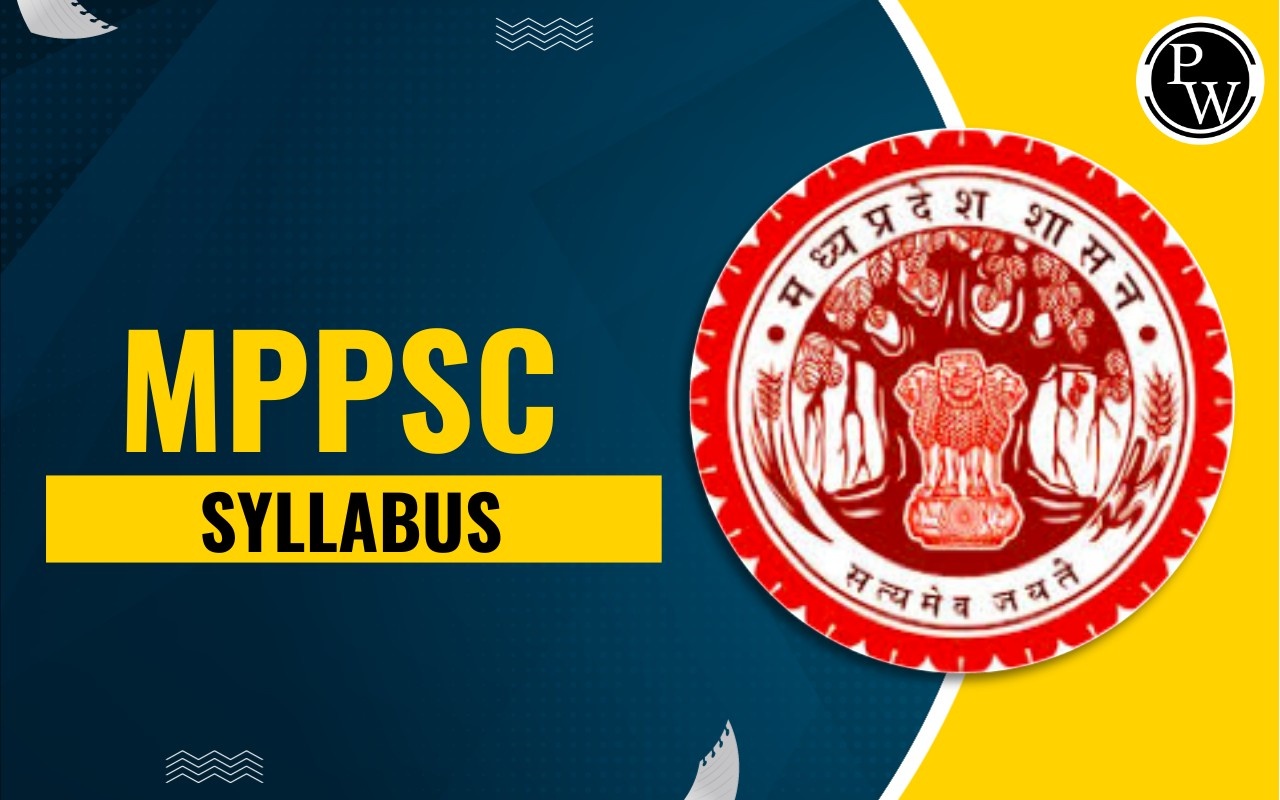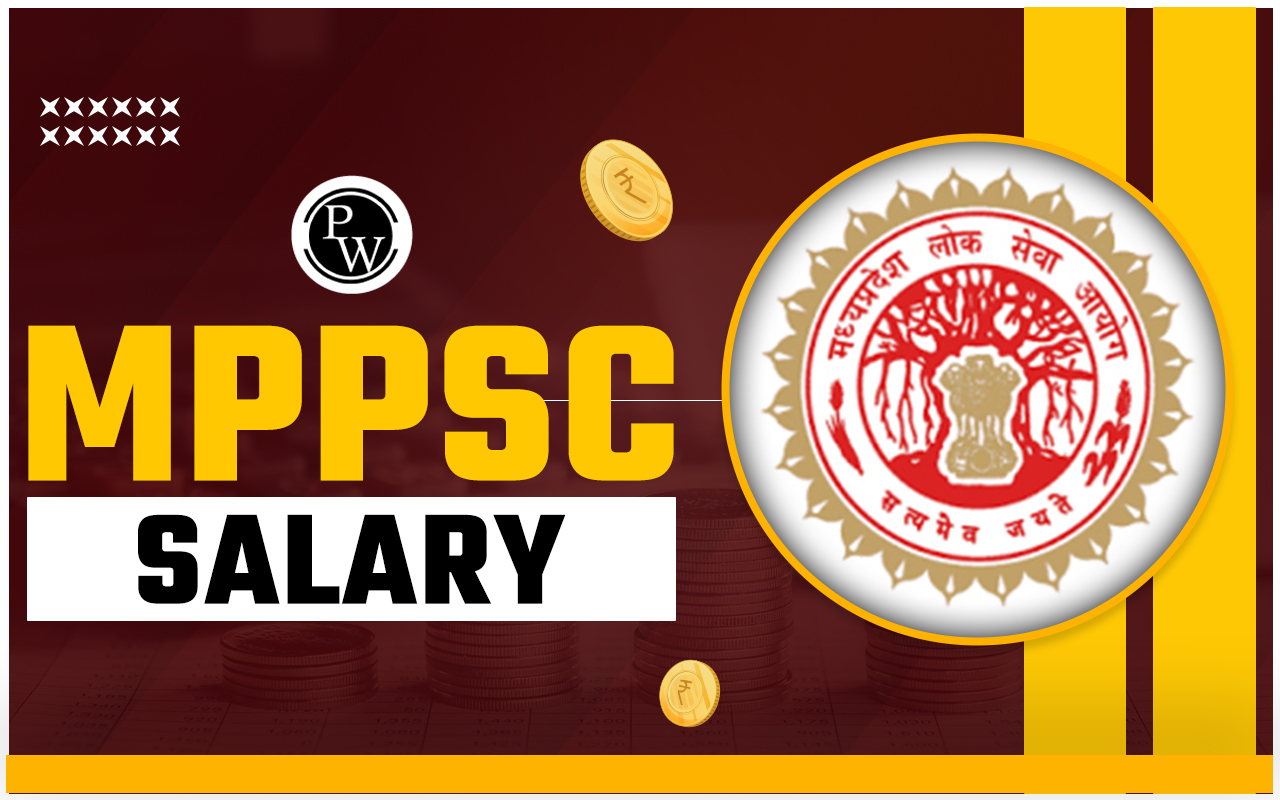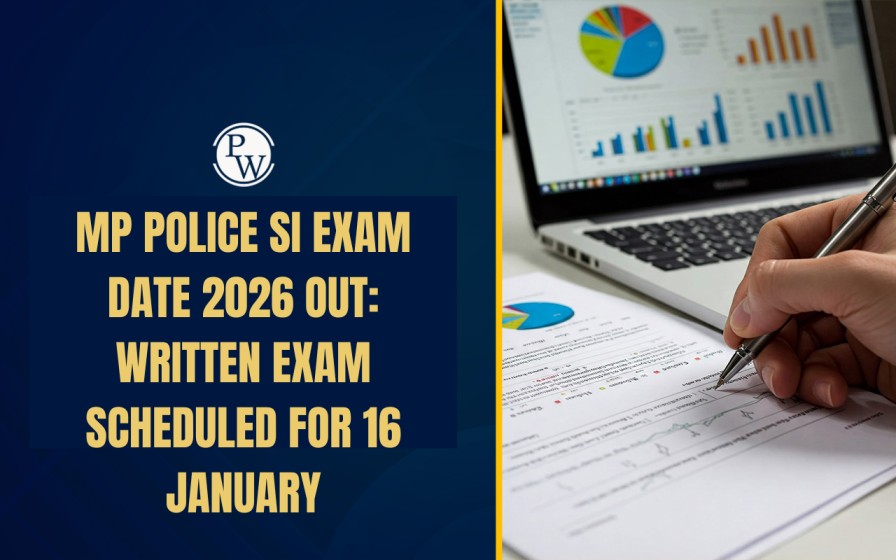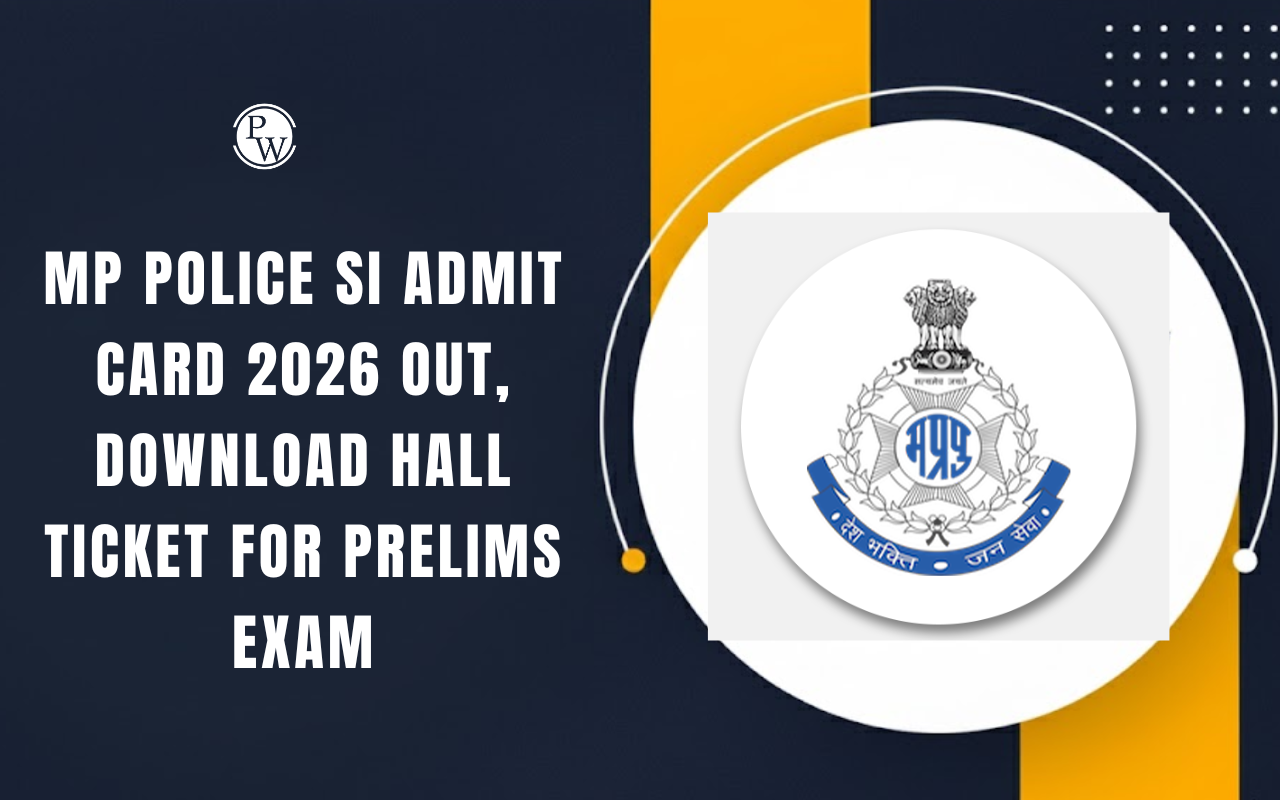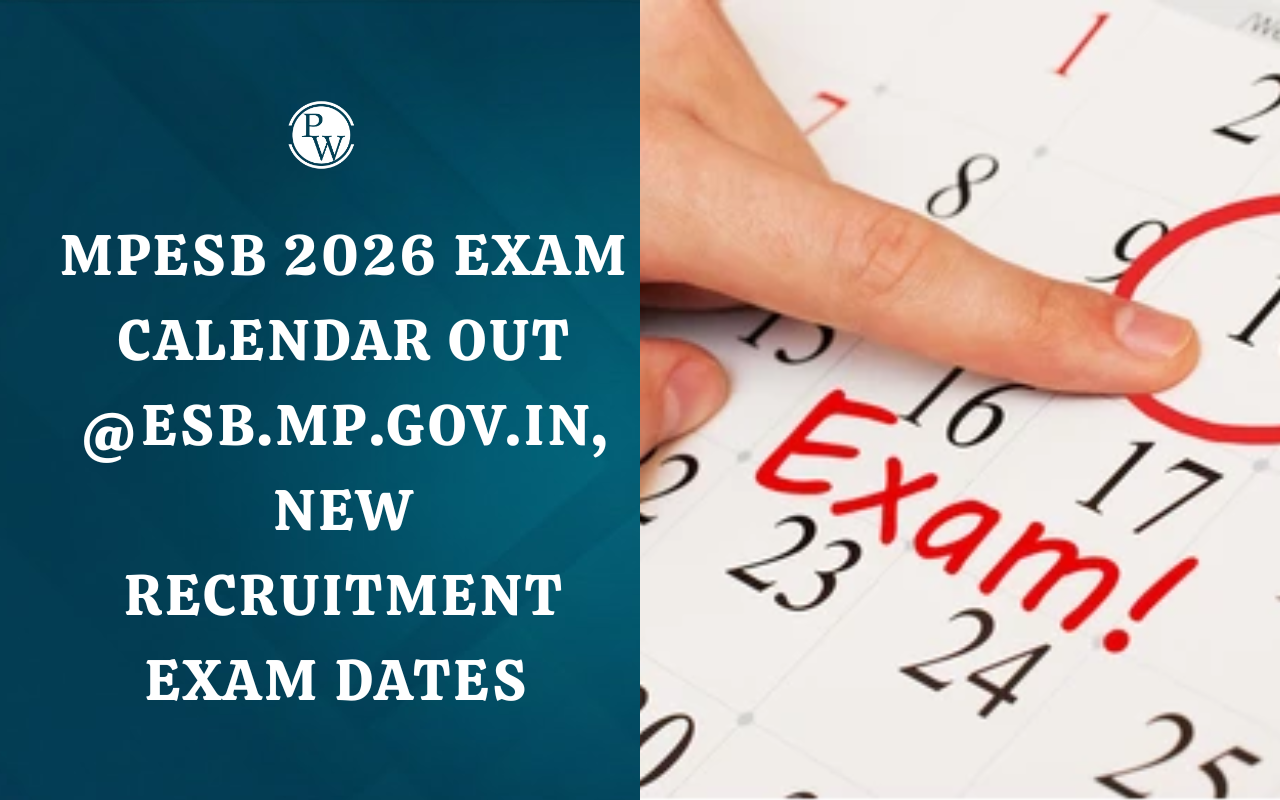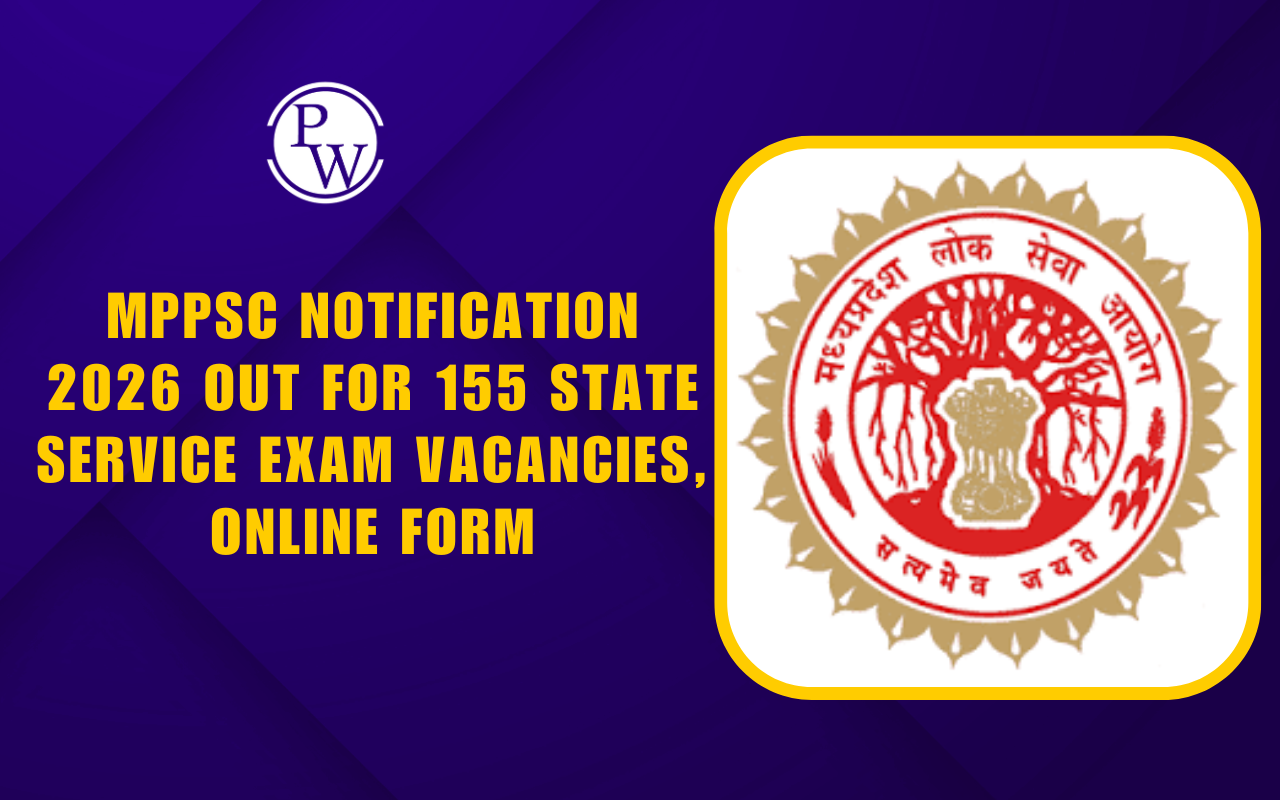
B.R. Ambedkar Biography: Dr. B.R. Ambedkar, also known as Babasaheb, was a seminal role in Indian history. From being the Chief Architect of the Indian Constitution to campaigning for equity and social justice for underprivileged classes, his significant contributions to Indian society are commemorated annually on April 14 as Ambedkar Jayanti.
Also read: Horticulture in Madhya Pradesh
B.R. Ambedkar Biography
Dr. B.R. Ambedkar was born April 14, 1891, in Mhow, Madhya Pradesh, India. He was a notable social reformer, jurist, and the primary architect of India's Constitution. Ambedkar battled relentlessly against societal inequality, particularly the caste system, and advocated for the rights of Dalits and marginalized populations. He died on December 6, 1956, leaving a significant legacy in Indian politics and social justice.
Early Life and Education of B.R. Ambedkar
Doctor Bhimrao Ambedkar's early life and education paved the way for his future as a social justice activist and the primary architect of the Indian Constitution. He was born on April 14, 1891, in Mhow, Madhya Pradesh, into the Mahar caste. Born from a caste that typically included lower country servants, his early years were devastated by the harsh reality of caste discrimination. His formative experience with societal ostracisation and humiliation fostered in him a strong determination to combat the caste system's injustices.
Dr. Bhimrao Ramji Ambedkar's academic path began at Elphinstone High School in Mumbai, where he was among the first Dalit pupils. Despite enduring discrimination, he excelled academically, leading him to Elphinstone College and, eventually, Columbia University in New York. His stay at Columbia University was revolutionary, exposing him to the works of sociologists and economists, as well as the ideas of liberty, equality, and fraternity, which would eventually form the foundation of his vision for India. Dr. Bhimrao Ramji Ambedkar relocated to London in 1916 to further his education at the London School of Economics (LSE) and to study law at Gray's Inn.
B.R. Ambedkar’s Advocacy for Dalit Rights
Following his studies overseas, Dr. B.R. Ambedkar returned to India in the early 1920s. The social inequities that plagued Indian society at the time inspired Bhimrao Ramji to start on a lifelong journey to eliminate caste prejudice and uplift the marginalised. Babasaheb's life story revolved around this cause. He believed that only appropriate political representation could alter the social position of the untouchables. So he began organising the untouchables through his newspapers, socio-cultural forums, and conferences.
Dr. Bhimrao formed the Bahishkrit Hitakarini Sabha (Society for the Welfare of the Excluded) in 1924 with the goal of increasing Dalit education and improving their socioeconomic situation. He also founded other journals, including "Mook Nayak" (Leader of the Silent), "Bahishkrit Bharat" (Excluded India), and "Equality Janta," to address Dalit concerns. One of Babasaheb Ambedkar's first significant public acts was the Mahad Satyagraha in 1927, which sought to demand Dalits' rights to draw water from a public tank in Mahad, Maharashtra. Similarly, the Kalaram Temple Movement of 1930 tried to guarantee Dalits' ability to enter Hindu temples.
Dr. B.R. Ambedkar recognised the need of legal channels for social reform and represented Dalits before British authorities. He attended the Round Table Conferences in London as a Dalit representative, calling for distinct electorates to secure Dalit political representation. Babasaheb's efforts resulted in the Poona Pact of 1932, which established reserved seats for Dalits in the general electorate.
Also read: Mini Mumbai of India
Early Political Engagements of B.R. Ambedkar
Dr. B.R. Ambedkar established the Independent Labour Party in 1936 to defend the interests of Dalits and the working classes, marking his first significant step into official politics. The party ran in the 1937 Bombay Presidency elections and won some seats, establishing Babasaheb as a prominent political figure. Recognising the necessity for a dedicated political effort to address Dalit difficulties, Dr. B.R. Ambedkar renamed the Independent Labour Party the Scheduled Castes Federation in 1942. The Federation specifically sought to mobilise Dalits for political activity, but it struggled to gain major electoral success at the national level.
Drafting of the Indian Constitution by B.R. Ambedkar
Dr. B.R. Ambedkar's most lasting contribution to Indian politics was as Chairman of the Constituent Assembly's Draughting Committee, which was in charge of draughting the Indian Constitution. As the primary architect of the Indian Constitution, Dr. B.R. Ambedkar ensured that the instrument embodied the concepts of justice, liberty, equality, and brotherhood. The inclusion of clauses such as the removal of untouchability and reservations for certain disadvantaged castes reflects his vision of an independent India free of caste prejudice and inequality.
B.R. Ambedkar’s Conversion to Buddhism
Dr. B.R. Ambedkar's interest in Buddhism began early in his career, as he researched numerous philosophies and religions in search of social justice and equality. In 1935, at a provincial convention of the impoverished classes held in Yeola (Nasik), he openly said for the first time that "I was born in Hinduism, but I will not die as a Hindu".
Dr. Bhimrao Ramji Ambedkar formally converted to Buddhism on October 14, 1956, at a big public ceremony in Nagpur. His decision was not just a personal spiritual choice, but also a political and social move aimed at opposing the Hindu caste hierarchy. Dr. B.R. Ambedkar continued to propagate Buddhism for the rest of his life. Dr. B. R. Ambedkar's conversion had a significant impact on Indian society and politics. It spurred a widespread conversion to Buddhism among Dalits, known as the Dalit Buddhist movement, which continues to this day.
Also read: Biggest Mall in Bhopal
B.R. Ambedkar Biography FAQs
When was B.R. Ambedkar born?
What is Dr. Ambedkar famous for?
When did B.R. Ambedkar die?
What was Ambedkar's role in the Indian Constitution?
What movement did Ambedkar lead for Dalit rights?





